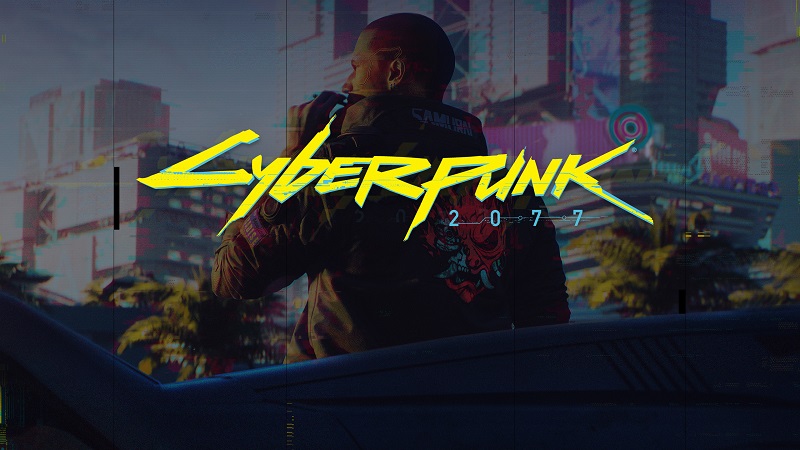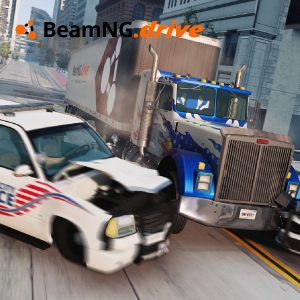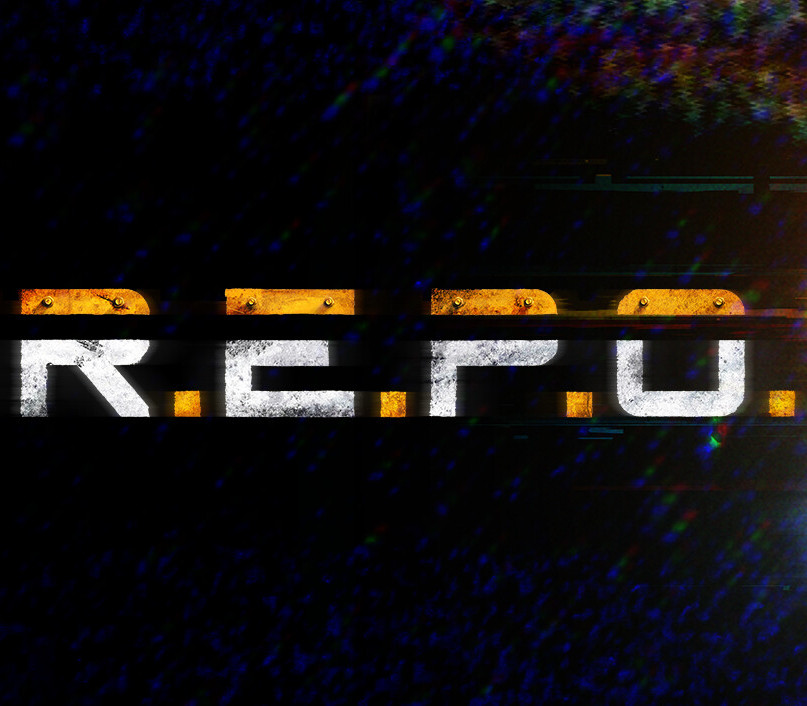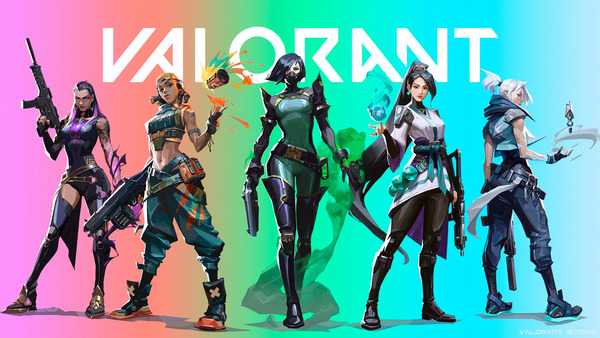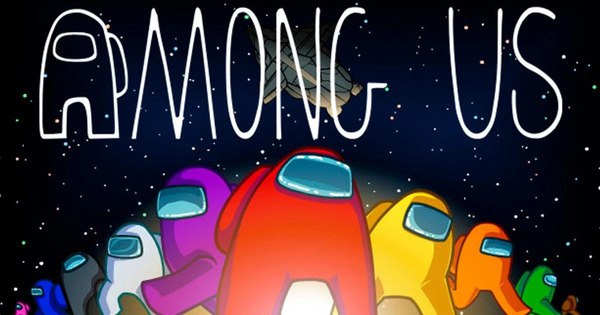Cyberpunk 2077: Exploring Risk, Protection, and the Role of Insurance and Claims in a Dystopian World
Introduction
In the neon-lit, dystopian future of
Cyberpunk 2077, technology blurs the lines between humanity and machine, and danger lurks around every corner. From corporate warfare to rogue AIs, every decision in Night City carries risk. While the game captivates players with its visuals, storytelling, and open-world freedom, it also reflects the fragile nature of existence in a volatile society. What if you could insure your cybernetic implants? Or file a
claim after a hacking incident? In this article, we examine
Cyberpunk 2077 through the lens of real-world
insurance principles, exploring how protection, risk, and claims might work in such a chaotic world.
The Setting of Cyberpunk 2077: A High-Risk Society
Cyberpunk 2077 unfolds in Night City, a place ruled by megacorporations and riddled with corruption, violence, and cybercrime. In such an environment, the concept of
insurance becomes more relevant than ever.
Night City: The Epicenter of Uncertainty
From gang territories to Netrunners stealing your memories, residents of Night City face daily threats. These unpredictable dangers parallel the real-world need for protection mechanisms.
A World of Assets: Cyberware and Data
People in
Cyberpunk 2077 invest in expensive cybernetic enhancements. Like real-world luxury items or health assets, these would need
insurance against theft, malfunction, or bodily harm.
Cybernetic Enhancements as Insurable Property
Cyberware isn’t just cosmetic in Cyberpunk—it’s essential. Arms, eyes, neural implants: each item affects gameplay and survival. In real life, such assets would require
coverage.
Types of Insurable Implants
- Optical enhancements (e.g., Kiroshi Eyes)
- Limb augmentations (e.g., Gorilla Arms)
- Neuralware (e.g., RAM boosters)
All of these would represent high-value properties with physical and intellectual value. Filing a
claim after an attack or system failure would be vital.
The Risk of Modification and Damage
Installing upgrades increases the chance of error or breakdown. Without coverage, the cost to repair or replace could be massive.
Insurance policies would help ensure users aren’t financially ruined after a cyber-mishap.
Corporate Espionage and Liability Coverage
Night City is built on the clash between corporations. Espionage is constant, and liabilities are everywhere.
Protection for Freelancers and Mercs
Characters like V work for multiple clients. In the real world, freelancers need
insurance for breach of contract, property damage, or injuries caused during missions.
Filing Claims Against Corporate Entities
If a player is injured or loses property during a corporate mission, who’s liable? A robust
claim process would be needed to hold megacorps accountable.
Life Insurance and Cloning Contracts
In a world where death is common, life
insurance would be both valuable and tricky to manage.
The Revival Market
With futuristic medicine and cloning tech, life
insurance might include clauses for partial resurrection or cybernetic replacements.
Claim Denials in the Age of Transhumanism
How do you define death when a person’s consciousness can be backed up? The complexity of
claim validation increases dramatically.
Home, Vehicle, and Drone Insurance in Night City
Housing and transportation in
Cyberpunk 2077 are dangerous investments without
insurance.
Property Coverage in Hostile Zones
Players' homes can be attacked or raided. Much like real-world home insurance, policies would need to include theft, damage, and riot protection.
Vehicle and Drone Loss Claims
With fast bikes, armed cars, and surveillance drones at risk, owners would benefit from comprehensive
insurance and simple
claim processes.
Cybersecurity Insurance for NetRunners
In the world of Cyberpunk, the internet isn’t just dangerous—it’s lethal. NetRunners are especially exposed.
Hacking as an Insurable Event
Just like data breaches in the real world, hacks in Night City would result in
claims for data loss, identity theft, or brain damage.
Policy Add-ons for Digital Mind Protection
Custom
insurance add-ons could protect cognitive functions, AI contracts, or firewall enhancements.
Reputation-Based Risk Assessment
Social credit and street cred systems dictate access and pricing in Night City. These could impact
insurance premiums.
High Risk Equals High Premiums
Players with violent histories or gang affiliations might face higher
insurance costs. Safer behaviors could lower them.
Claims Linked to Social Score
Frequent claims or criminal affiliations could blacklist a citizen from coverage entirely—or raise deductibles significantly.
The Role of Brokers and AI in Insurance
In a cyberpunk economy, AI might manage policies and decide
claim approvals.
Automated Claims Management
AI agents could analyze footage, verify identities, and approve or deny
claims in seconds.
Bias and Corruption in Insurance AI
Like everything in Night City, these systems could be hacked or bribed. Transparency and legal recourse would become critical.
Health Insurance in a Cyberpunk World
Combat injuries, infection from implants, or mental breakdowns would all be standard
insurance claims.
Emergency Coverage for Combat Damage
Policies might cover trauma teams, cyber-surgery, and emergency neural backups.
Mental Health and Neural Support
In a world full of stress and hallucinations, mental
insurance becomes essential. Claims for therapy, detox, or digital mind repair would be frequent.
Conclusion: Insurance as Survival in Cyberpunk 2077
In
Cyberpunk 2077, risk is everywhere—but so is the need for resilience. Imagining the world of Night City with realistic
insurance and
claim systems not only deepens the role-play experience, it highlights how much we rely on these concepts in real life. As our technology evolves, the line between fiction and reality gets thinner. In both Night City and our own cities, protecting what matters isn't optional—it's survival.






